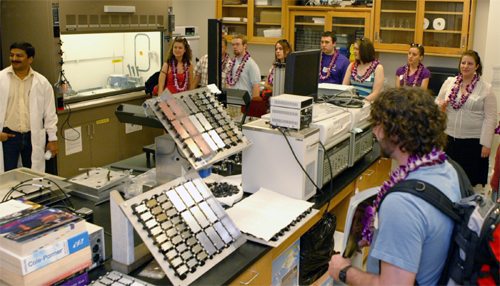When choosing a school for engineering undergraduate degree, be very wary of rankings.
[Most rankings] measure how much money is spent on this or that, how many professors have tenure and other kinds of inputs. What they don’t measure is the output– what kind of education the students end up with. – Thomas Sowell
This is especially true in engineering. Engineering college rankings take into account things like external funding, faculty publications and reputation. If Massachusetts Institute of Technology (MIT) burned to the ground, the inertia of its reputation would still get it ranked #1 in engineering for the next decade. Rankings based on these criteria are useful if you are looking for a good place to get a graduate degree. Otherwise, the story is different. Chances are that undergraduate classes in these highly ranked places are taught by research assistants who are working on their Ph.D.’s. These students are more interested in getting their degrees than they are about teaching. Some colleges hire full time instructors whose job it is to teach the unwashed undergraduates for the purpose of freeing the research professor to do “more important things.” Dedicated instructors can be superb teachers. Even when undergraduate courses are taught by research professors, efforts can be more focused on getting government funding, prestige, and papers published. This gets the professor tenure, promotions and pay raises which, in turn, gets the college higher rankings. It’s a circle feeding on itself. You get what you award and, if you don’t award it, quality wanes. In many research institutions, if students don’t storm the administration building with pitchforks, torches and reporters from CNN, teaching quality is deemed acceptable.
There are exceptions. Research icon (MIT) has excellent undergraduate classes taught by full professors who are enthusiastic in their presentations. Many colleges specialize in excellence in undergraduate engineering and have pledged their faculty to the education of the student. Rose-Hulman Institute of Technology ranks at the top of U.S. News’s list of engineering schools that do not offer a Ph.D. degree. Their pledge is “to provide our students with the world’s best undergraduate education in engineering, mathematics and science in an environment of individual attention and support.” Rose-Hulman explicitly does not award their faculty for attracting grant money and publishing research articles.
The market tells no lies. According to PayScale.com, the educational focus of Harvey Mudd college ranks their engineering graduates as having the top starting and career salaries. USC, UC Berkeley, and Stanford University do not even make the list. Rose-Hulman does.
When applying to an undergraduate engineering program, here are some questions to ask to assess quality of instruction.
- What per cent of undergraduate courses are taught by professors?
- By graduate students?
- Is there peer review of teaching, i.e., do senior profs come to class and rate your prof on how well they teach?
- What is the role of teaching effectiveness in the awarding of tenure, promotion and pay raises?
If you get no response, then chances are the college isn’t sufficiently concerned about the quality of their teaching.
There are many factors in choosing an engineering school for your undergraduate degree. Quality instruction is only one. Here is our top ten list, alphabetically, of engineering programs where value is placed on the quality of the undergraduate engineering instruction.
